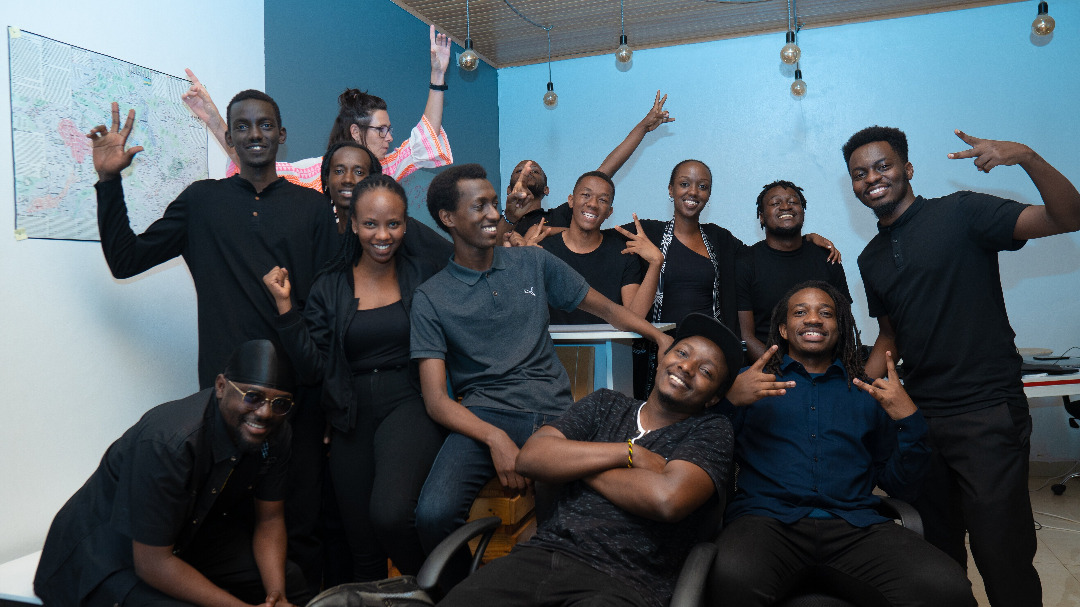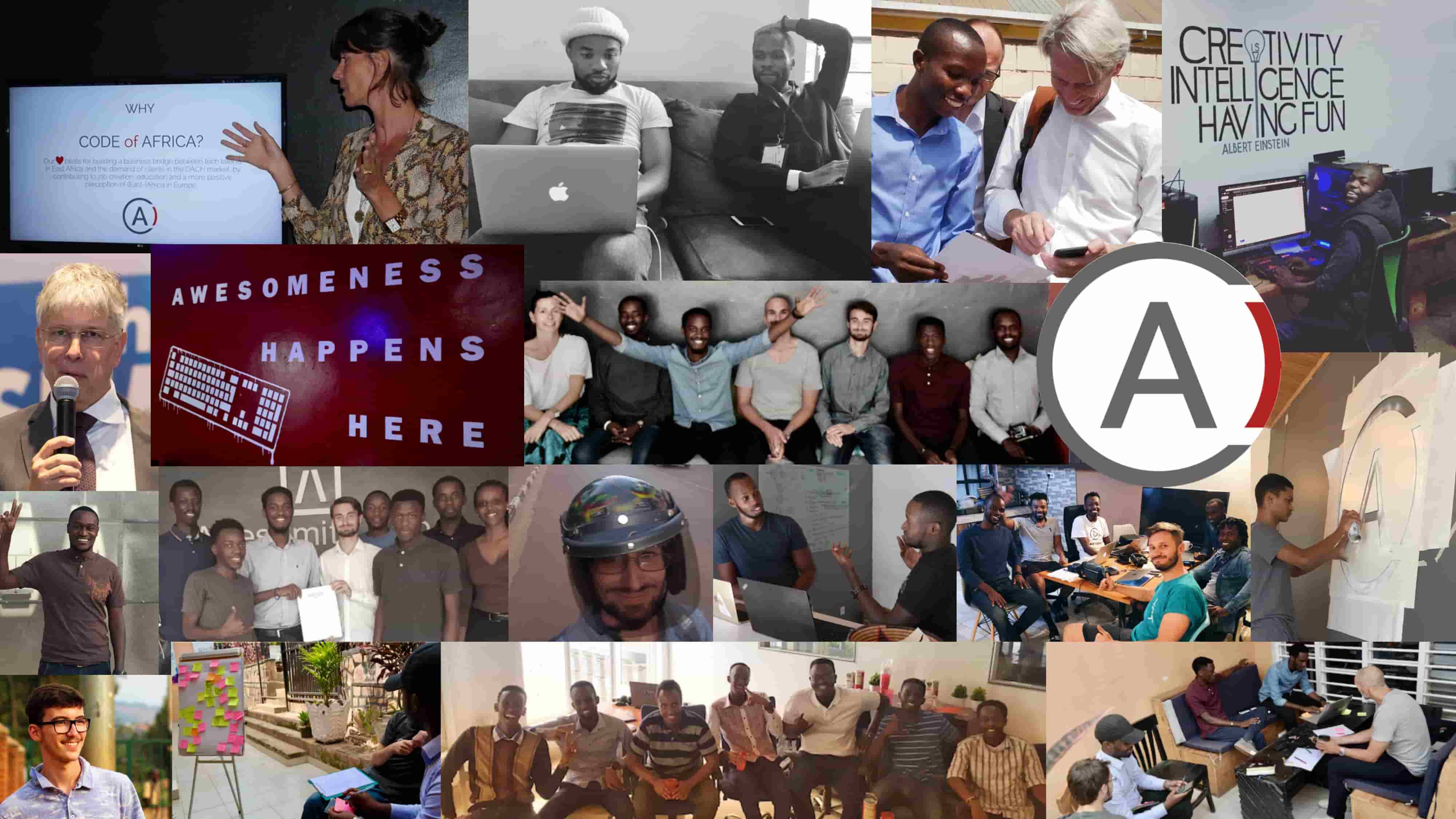Outsourcing catch-22: Common mistakes to avoid when outsourcing.
“Love or loathe it, outsourcing is often an unavoidable part of business. As businesses look for more cost-effective and efficient ways to operate, outsourcing non-core functions to specialists can be an alluring option.”

Since the 1990s outsourcing has become a hotly discussed topic around the world. It has attracted organizations across the globe, both large and small. With benefits including cost reduction, access to new technology, and innovation all accelerating business growth; outsourcing a variety of business processes is often essential to gain a competitive advantage. However, there are also some pitfalls. In this article, we will share 4 common traps and mistakes companies often make.
Overestimating cost savings
Many businesses have experimented with offshoring business processes in the hope of reducing costs and increasing efficiency. However, contrary to popular belief, they have had only mixed results.
Criteria and conditions are essential when choosing an offshoring location. If these are not clarified or prioritized up front it can lead to serious headaches, as the location simply lacks developers with the skill sets required to meet your needs.
Additionally, it is best practice to base offshoring decisions not only on costs but also on the potential risks and opportunities that may be encountered.
Seeking the cheapest solutions is often a false economy: Hiring and onboarding poorly skilled developers or even pools of developers frequently ends with higher overall costs due to training costs, lost productivity, and low-quality code either failing to meet requirements or later requiring extensive and costly rework.
Missing opportunities due to misconceived ideas
Some companies miss opportunities due to prejudice and believing everything they hear about places, thereby not recognizing the true current and future value of a destination.
One of the reasons Africa has remained undervalued is a perception problem. Skeptics have long perpetrated this perception syndrome, espousing the continent as politically unstable, hopelessly corrupt, and dangerous. Companies without a presence in Africa are pessimistic about the continent's prospects, rating Africa as the world's least attractive destination.
However, the truth on the ground is different. The majority of business leaders operating in Africa ranked Africa as the world's second most attractive regional investment destination after Asia. For example, as mentioned in our previous article, (The big tech scramble in Africa) since 2015, the heads of the big world's tech companies have been visiting Africa and today these big companies are now not only announcing big plans but also investing in a big way in Africa.
Failing to do proper research, speak to those who have lived and breathed a country's culture, and even visit the destination is a surefire way to miss out. At CoA, co-founders lived and worked in Rwanda and other African countries for a significant period before investing, doing so after being impressed by the work ethic and enthusiasm of Rwandans and the excellent infrastructure and political stability enabling investment.
We always welcome conversations to share our extensive experiences and support you in finding the right location.
Hiring only for technical skills and discounting soft skills.
The team's synergy is based on communication among its members. Hard skills (technical skills) are important, but successful virtual teams communicate extensively and effectively. Furthermore, team members should feel at ease working together, strive to deliver information in the best way possible, and collaborate on goals. Your virtual employees must have a wide range of skills, including the ability to clearly communicate a message, report and discuss problems, and provide feedback.
Keeping this in mind, one of the most common outsourcing mistakes is selecting candidates considering only their hard skills. Often a long shopping list of "essential" technical skills isn't the best way to find the perfect fit. Recently a prominent developer was rejected as the company asked for 5 years of experience using a framework that the developer had created just 3 years ago!
Solid soft skills and developed good remote working practices are essential in your outsourced solution. Eagerness and ability to learn quickly, willingness to receive feedback and dedication to your project quickly outweigh slightly less experience in the languages/frameworks you require. It's well worth making an exception for those candidates.
Lacking an exit strategy.
It may be strange to talk about leaving your business when you are in the early stages of building it. However, starting with the end strategy is vital to securing investment and achieving your goals. Every agreement should include criteria for disengagement. Make sure you can get out of an outsourcing agreement quickly if your business is not getting what you intended.
With various traditional hotspots experiencing a variety of issues, including rising costs, it may be time for businesses to start looking for new locations. It is consistent that now is the time for companies to look beyond hotspots for opportunities and base investment decisions not only on costs and perception but also on talent, markets, strategic goals, and risk preferences.
And fortunately, there are companies that take initiative and can help you along the way of avoiding these mistakes. These are prominent African IT support and development companies if you want to outsource in Africa.
Conclusion
Before you bring in third parties to run parts of your business, it is worth pausing to consider the risks. Some outsourcing deals fail dramatically and publicly. Instead, more are quietly set aside as one or (both) parties look for an exit and an even longer limp on failing to deliver the expected benefits. However, there are success stories: Businesses have used outsourcing to achieve dramatic savings, shed themselves of expensive assets, or build the capacity to grow in a way that would not have been possible with in-house resources.
And there are companies like Code of Africa, with a physical hub in Kigali/Rwanda as the heart of operations on the continent: Enabling successful digitalization projects and domestic job creation while developing a highly skilled and experienced pool of East African developers. The advantage of German management physically on-site most of the time is beneficial - not just only when it comes to cultural proximity, streamlining project progress, avoiding high fluctuation, etc., but also to understand the supply market's needs and requirements.

_11zon_20240612072642_0.jpg)

_20220301070649_0.jpg)








